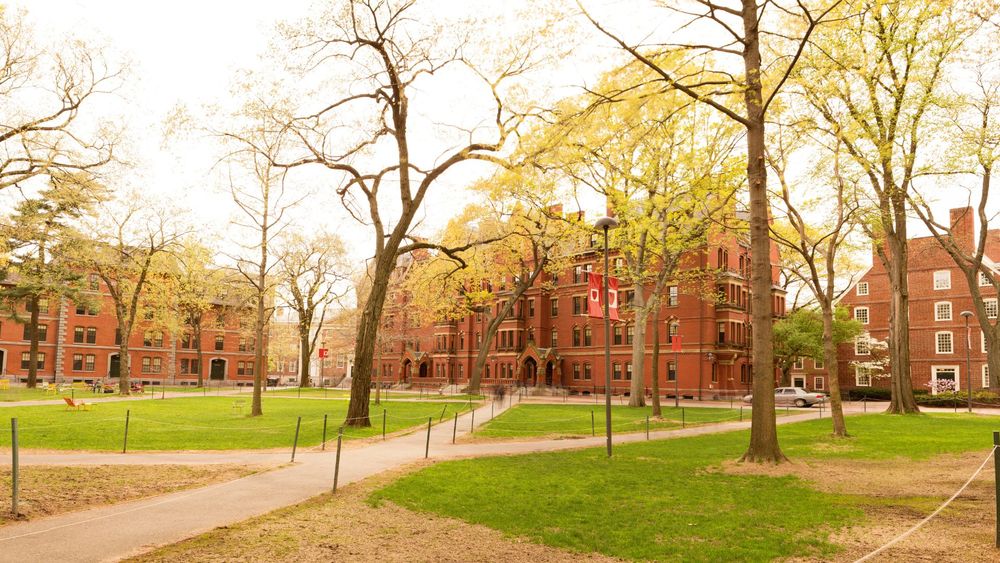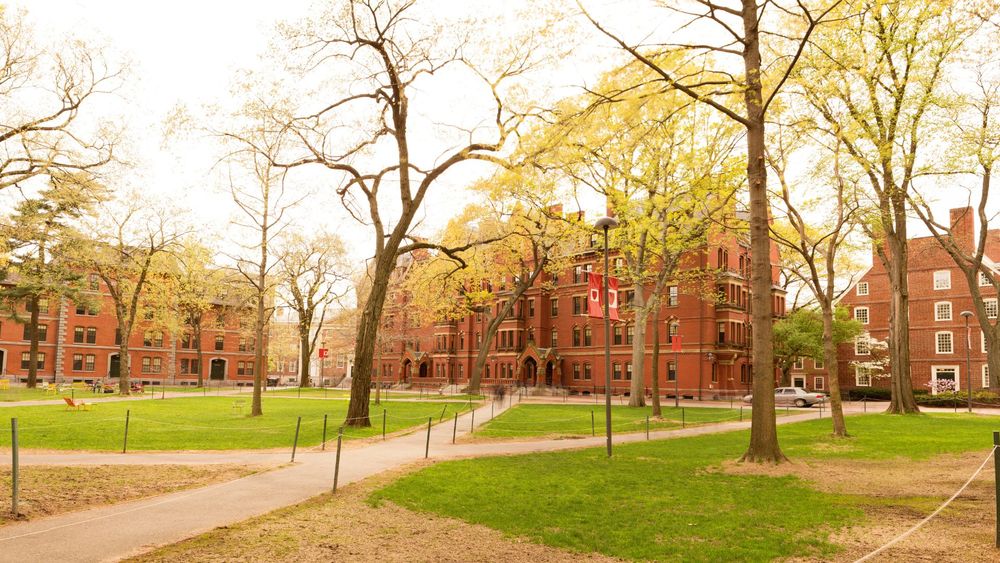
After five months of searching, Harvard University announced on December 15 that Claudine Gay will serve as the university’s next president.
According to the student newspaper The Harvard Crimson, Gay will begin serving as Harvard’s president on July 1, 2023.
Gay currently serves as the dean of Harvard’s Faculty of Arts and Sciences (FAS). As dean, Gay has navigated issues including COVID-19 and faculty diversity, The Harvard Crimson reported.
The Harvard Crimson also reported that “Gay has supported the creation of an ethnic studies department at Harvard, a longtime demand of student and alumni activists.”
[RELATED: Students protest potential appointment of conservative president]
During her time as dean, Gay “appoint[ed] an inaugural associate dean of diversity, inclusion, and belonging” for FAS and outlined her plan to diversify faculty.
The plan, reported on by The Harvard Crimson, mentioned other uses of the FAS budget surplus in 2021.
“Gay also discussed the ‘targeted investments’ she has made in procuring new hybrid work technology for offices and classrooms,” an article in The Harvard Crimson reads.
“Envisioning the future of the FAS, Gay said hybrid and remote work will continue to remain a part of on-campus operations, even after the University has a [sic] turned a page on the pandemic.”
Following the announcement of Gay’s new position as president, she stated that she “‘will continue to champion the value of diversity’” in response to a question “about how Harvard might navigate a post-affirmative action reality.”
Harvard is one of two universities facing a Supreme Court case over its race-conscious admissions. Campus Reform reported that Students for Fair Admissions, the organization that led the oral arguments, relied on the premise that “affirmative action policies discriminate against Asian and White students.”
Gay also served on the Association of American Universities (AAU) advisory board on racial equity in higher education, according to her FAS biography.
The AAU “is composed of America’s leading research universities,” which “collectively help shape policy for higher education, science, and innovation” and “promote best practices in undergraduate and graduate education,” according to the AAU website.
The AAU formed the advisory board on racial equity in 2021 to “stud[y] promising practices and communicat[e] potential strategies to mitigate structural barriers to equity in different aspects of the life of leading research universities.”
An advisory board report suggested strategies for universities to adopt “to mitigate structural barriers.” One suggested strategy is to “[a]dopt an equity-based mindset in tenure and promotion considerations,” referencing universities’ commitments to diversity, equity, and inclusion (DEI).
“Ensuring that departmental evaluations capture DEI issues related to pedagogy, how faculty members manage their courses, and course content” is one way to accomplish this strategy according to the report.
Another strategy addresses university administrators: “Incorporate DEI considerations and goals into performance and merit evaluations across all units, including executive and administrative leadership positions, to ensure everyone on campus is held accountable for DEI work.”
[RELATED: 1619 Project ‘Read Along’ hosted with Nikole Hannah-Jones at Howard Law]
The FAS website includes a page for Advancing Racial Justice. A 2021 task force created a 26-page report on “Visual Culture & Signage.” A message from Gay announcing the formation of the Task Force on Visual Culture and Signage listed 21 members.
“Honest and rigorous conversations about how we weave together our past, present, and future through our visual culture and symbols are necessary to build the stronger, more equitable future we envision,” an opening quote from Gay reads.
One of the report’s recommendations is “refreshing” what the task force identified as “priority opportunity spaces,” or “any high-impact FAS space that could become a model space through investment, attention, and intervention.”
“For example, Annenberg’s walls prominently display a series of 23 portraits,” the report reads. “Of those portraits, none of them depict women, and all but three of them depict white men. The exclusion embedded in the current visual culture of these spaces perpetuates a too narrow understanding of our institution’s past, present, and future.”
Campus Reform recently reported on a petition “signed by almost 250 Harvard University students, staff, and alumni” asking “the Presidential Search Committee to nominate someone who understands the importance of free speech.”
The Harvard Crimson said that the petition stated, “‘[U]nless the next President shows a firm commitment to protecting free speech at Harvard, that environment will continue to contract.’”
“The petition alleges free speech protections provided by the Faculty of Arts and Sciences’ Free Speech Guidelines, adopted in 1990, have ‘often been curtailed,’ leading to a ‘climate of repression,’” according to The Harvard Crimson.
Campus Reform contacted Harvard University, the Faculty of Arts and Sciences, and Claudine Gay. This article will be updated accordingly.








